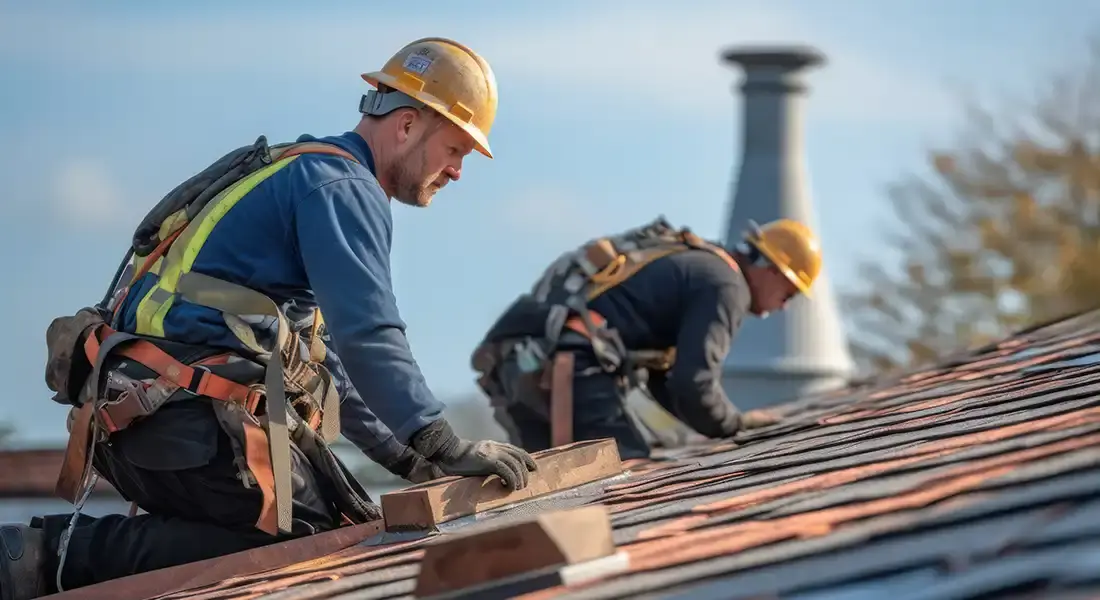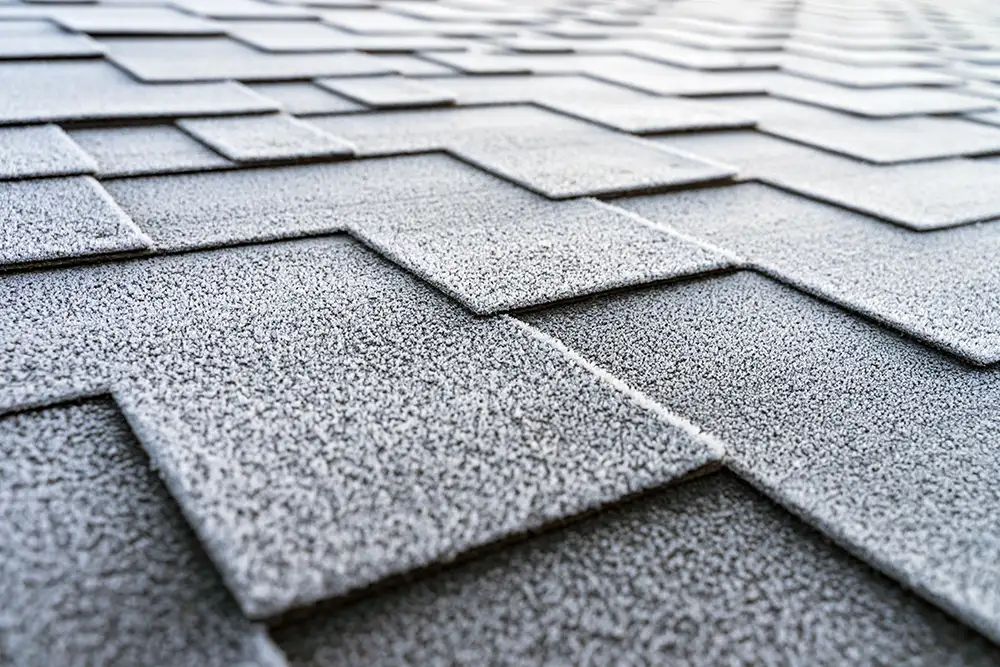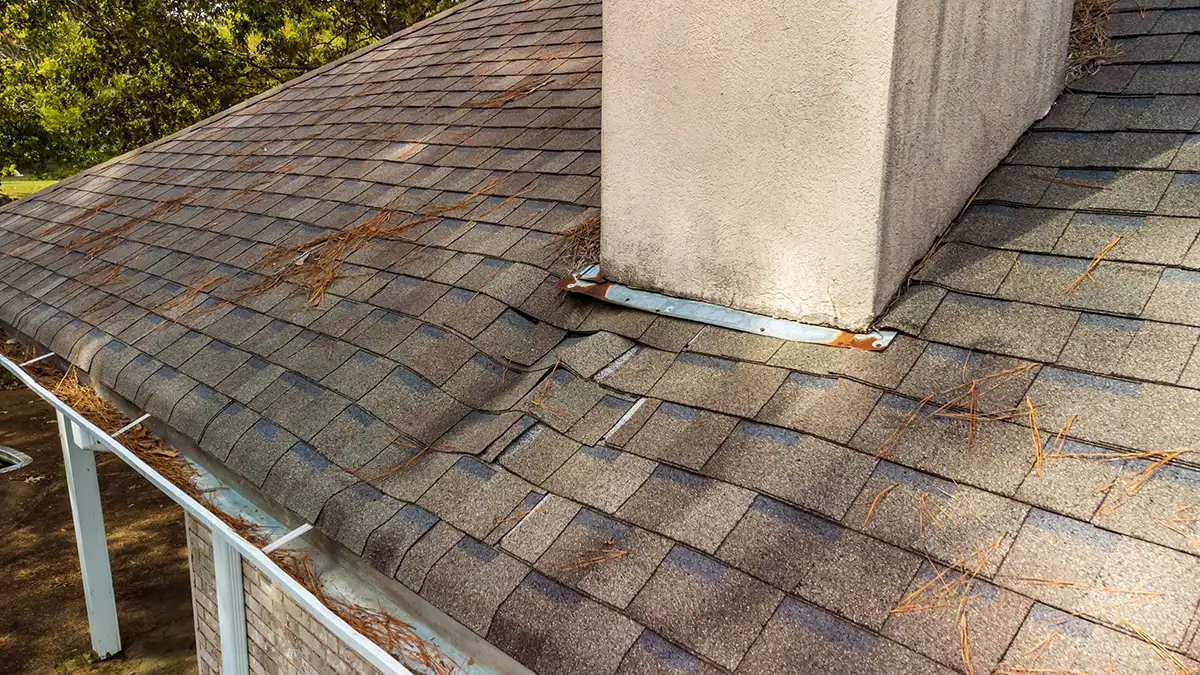With the increasing demand for clean energy, homeowners and companies in San Jose are opting for solar battery solutions to achieve the highest level of energy efficiency and minimize grid dependency. Clean Roofing provides effective solar battery solutions that provide backup power, reduced electricity bills, and a clean means of storing solar energy. Let’s look at why such solutions are critical, how they function, and what to keep in mind while selecting the most suitable option.
Why Solar Battery Solutions Are Necessary in San Jose
Here’s why more residents are switching:
Energy Independence – Less dependence on the grid and efficient use of power.
Backup Power During Outages – Smooth electricity supply even during power outages.
Lower Energy Bills – Save excess solar power and utilize it when required.
Environmental Benefits – Less carbon footprint by utilizing clean, renewable energy.
Financial Incentives – Federal and state incentives will cover some or all of the cost of installation.
How Solar Battery Solutions Operate
Solar batteries save energy that is being generated by your solar panels so it can be used later. This is how the process goes down:
Solar Energy Collection – Solar panels harvest energy from sunlight and turn it into electricity.
Energy Storage – Any excess energy is stored within a solar battery rather than released onto the grid.
Usage At Peak Hours – Energy stored is utilized when power costs are steep.
Backup Power Supply – Battery powers during load-shedding or at night.
Homeowners can maximize usage of solar energy and save money with Clean Roofing’s solar battery solutions.
Best Solar Battery Solutions in San Jose
Getting the best solar battery solution in San Jose hinges on your requirements and budget. Clean Roofing has high-end solutions, among them:
Tesla Powerwall
One of the most sought-after solar battery solutions is the Tesla Powerwall, which is known for its advanced storage capacity, stylish design, and easy integration with solar panels. It provides constant backup power and energy management.
Key Factors to Look for When Selecting a Solar Battery Solution
When you opt for a solar battery solution with Clean Roofing, you should look for the following factors:
Storage Capacity and Power Output – Let us determine how much energy you require based on your home’s power usage.
Efficiency and Performance – High-efficiency batteries that provide a dependable energy store and rapid recharge time are worth searching for.
Cost and Available Incentives – Price out different models, ensure tax credit eligibility, and research financing deals to minimize out-of-pocket expense.
Battery Lifespan and Warranty – A long-lasting battery with a reliable manufacturer’s guarantee for extended usability is the key.
Compatibility with Your Solar System – Make sure the battery is fully compatible with your current solar panels and inverter.
Advantages of Having Solar Battery Solutions Installed in San Jose
Making the transition to a solar battery solution with Clean Roofing has numerous benefits:
Lower Energy Bills – Utilize saved energy during high-demand hours to reduce utility bills.
Backup Power Guarantee – Continue running vital appliances even in power outages.
Green Solution – Reduce dependence on fossil fuels and contribute to sustainability.
Higher Property Value – Solar battery systems make houses more appealing to environmentally friendly homebuyers.
How to Start Solar Battery Installation
Clean Roofing can help you get started with solar battery installation in San Jose if you are thinking of solar battery solutions:
Determine Your Energy Needs – Review your energy consumption to determine the ideal size of the battery for your residence.
Compare Battery Options – Compare various battery models and specifications to determine the best option for your budget and needs.
Consult a Solar Expert – Let Clean Roofing’s experts provide professional guidance and installation.
Apply for Incentives – Look for federal and state rebates that can be used to offset the expense of your solar battery system.
Schedule Your Installation – After you select a battery, Clean Roofing will provide a professional installation for maximum performance and safety.
The Future of Solar Battery Solutions in San Jose
Investing in solar battery solutions through Clean Roofing is an intelligent choice for homeowners who wish to save money, become energy independent, and support a sustainable future. With the proper battery system, you can maximize your solar power usage, have backup power, and reap long-term financial rewards.
Ready to make the transition? Call Clean Roofing today to discover the ideal solar battery solution for your residence!




 888-336-2115
888-336-2115





